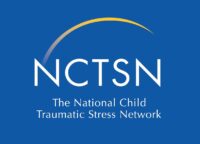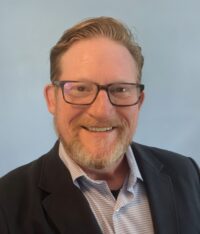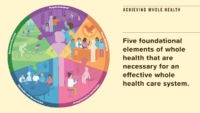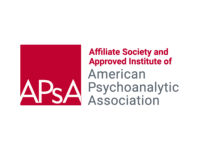Scientific Programs
The Psychoanalytic Center of the Carolinas offers a rich set of presentations by local and out-of-state speakers. These Scientific Programs, which are generally open to PCC members and other mental health professionals and trainees, are designed to broaden and deepen awareness and understanding of the application of psychoanalytic concepts to clinical work.
Free admission for PCC members, full-time students with ID, and trainees in the departments of social work, psychology, psychiatry, and mental health counseling.
For information on our Scientific Programs cancellation policy, please click here.
Register now for these Scientific Programs!
The Rosenblitt Lecture Series Presents:
Therapeutic Action and Progress in Analysis: A Child Struggles With Death, Life, and Change
Presented by Charles E. Parks, PhD
Saturday, May 4, 2024
10 am to 12 pm ET
Hybrid via Zoom or In-Person
*In-person attendance will be limited to the first fifty registrants
Fee: $50*
Discovering Ideals and Identity: Culture as Character in the Consulting Room
Presented by Dwarakanath G. Rao, MD
Saturday, June 1, 2024
10 am to 12 pm ET
Hybrid via Zoom or In-Person
*In-person attendance will be limited
Fee: $50*





